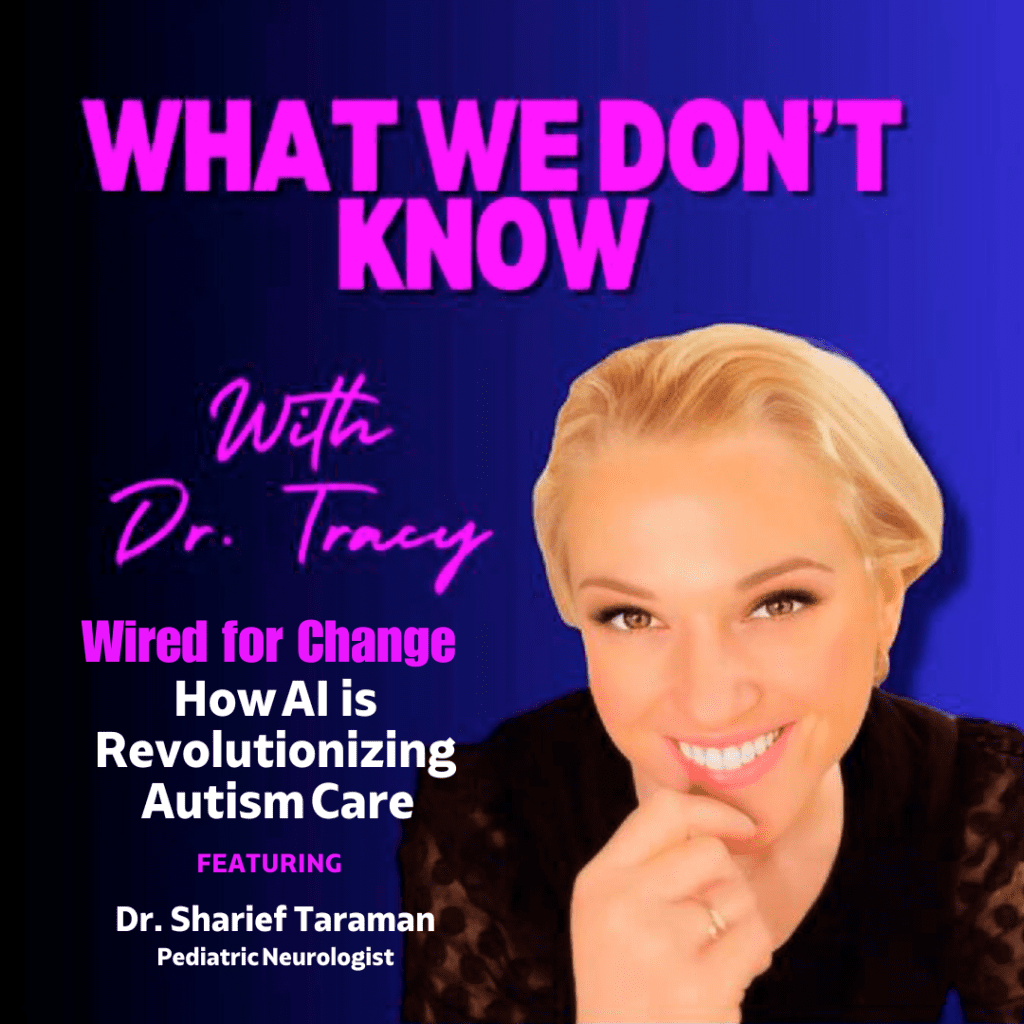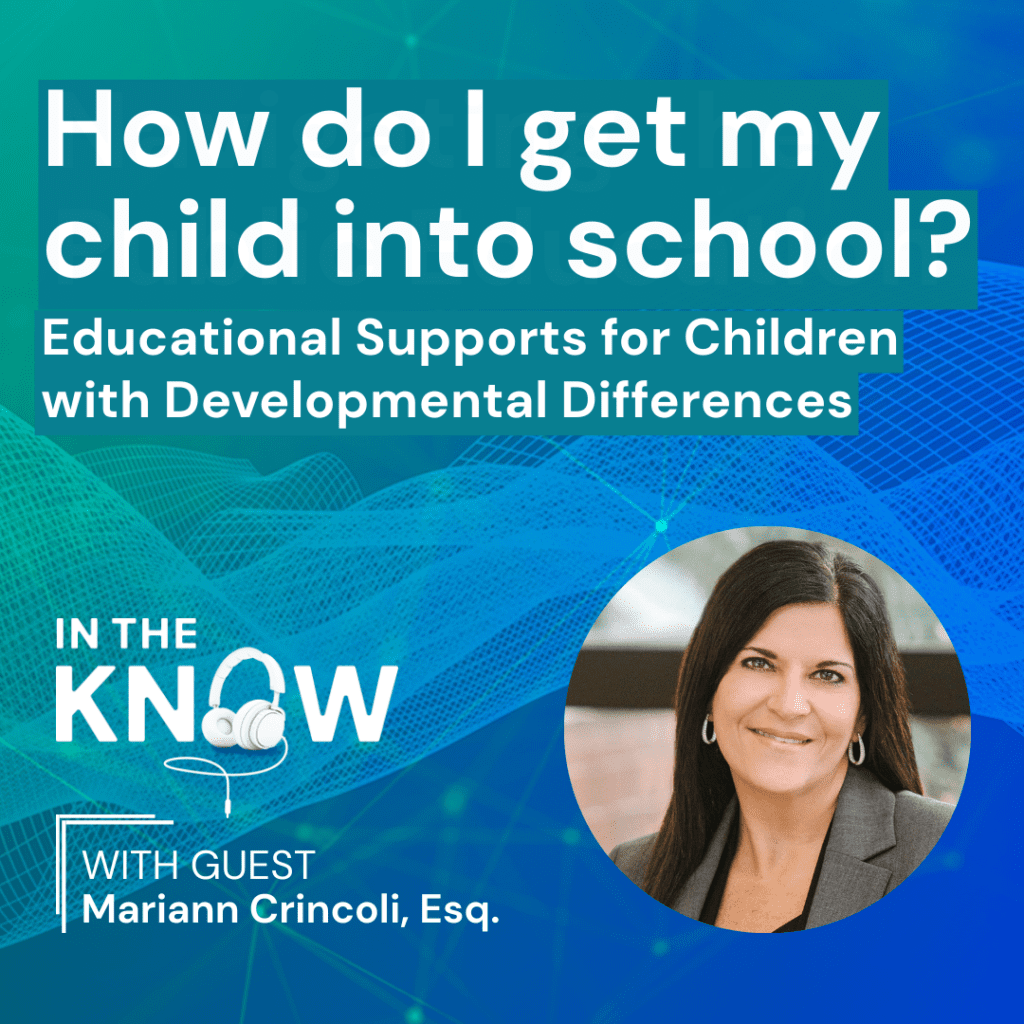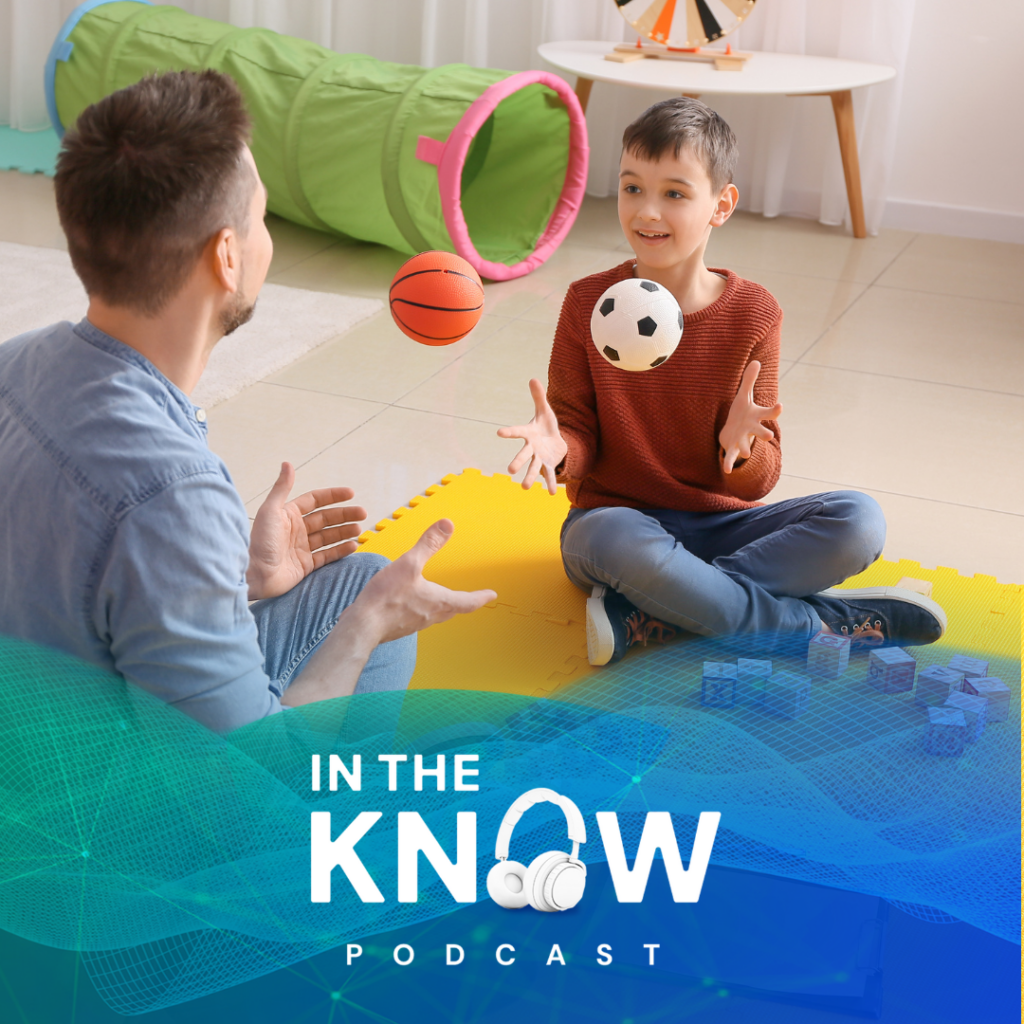When it comes to your child’s development, early signs of possible developmental delays are important to watch for and act upon.
A developmental milestone is a certain skill or behavior that most children are likely to develop by a certain age. For example, most children typically develop skills such as understanding others, talking, moving their bodies, and moving their hands at predictable times in their lives.
A developmental concern is when you suspect that your child is not exhibiting a skill that you would expect them to be doing at their age.
Here are some examples of typical developmental concerns that you may notice in your child. If you observe any of these concerns, let your primary care physician or pediatrician know as soon as you can. These may be signs of a developmental delay, and early intervention may be needed :
Physical developmental concerns
- Not sitting without support by 9 months
- Not pulling themselves up to stand by 14 months
- Not walking by 18 months
Speech
- Trouble talking or understanding others
- No babbling, pointing or other gestures by 12 months
- No single words by 16 months
- No two-word phrases by 24 months
Behavior
- Behavioral differences from other children (difficult to calm, screeching instead of babbling) at 9-12 months of age
- Poor or intermittent eye contact, especially with people with whom they are familiar
Overall
- ANY loss of skills that had already been gained at any age
If you want to know more about developmental milestones, the American Academy of Pediatrics has developed a comprehensive list of milestones that you can use to track your child’s development: Developmental Milestones: Ages 2 Months to 5 Years
If you have a concern about your child’s development—even one that is not on this list—it is important to trust your gut. As a parent, you know your child best. When it comes to developmental concerns, previous research shows that parents are most often right when they have a concern.
If you feel like something was missed along the way, it is essential to keep advocating for your child with your physician to make sure they receive the care that they need.
Cognoa created Canvas Dx for families and doctors to be able to act early on developmental concerns. Canvas Dx is a remote, digital assessment for children at risk of developmental delay between ages 1.5 to 6 years old. Talk with your pediatrician about any developmental concerns that you have and ask them about Canvas Dx.
Kelly Wilson is a Parent Advocate for families of children with autism, and is the father of a child with autism himself. Kelly is also a medical writer and member of the American Medical Writers Association.



